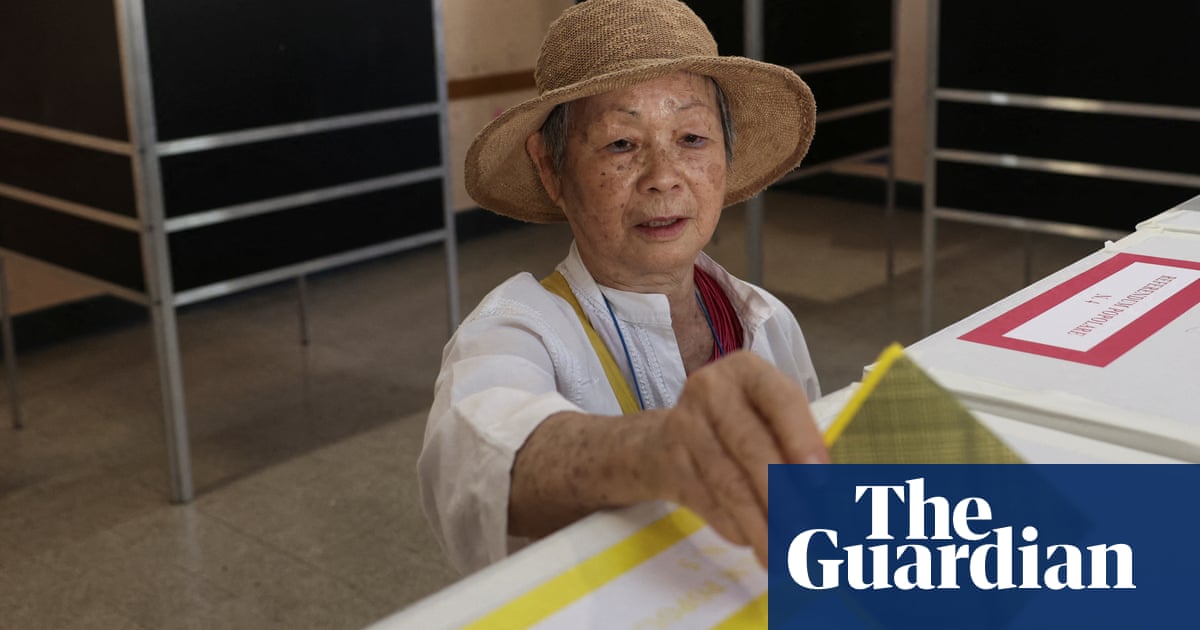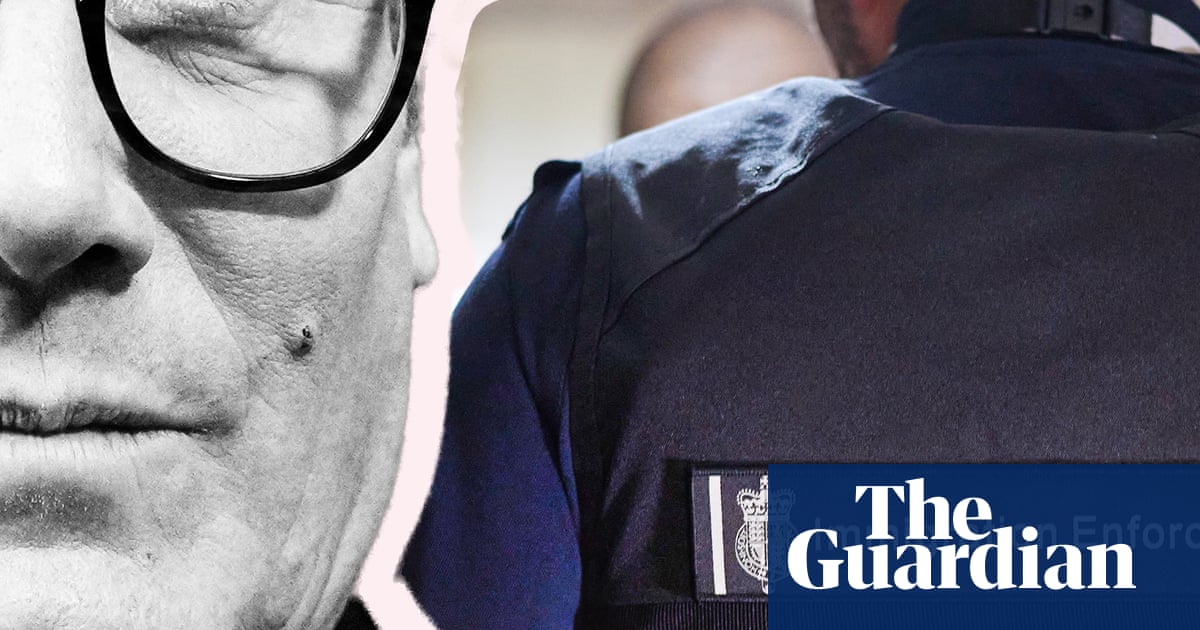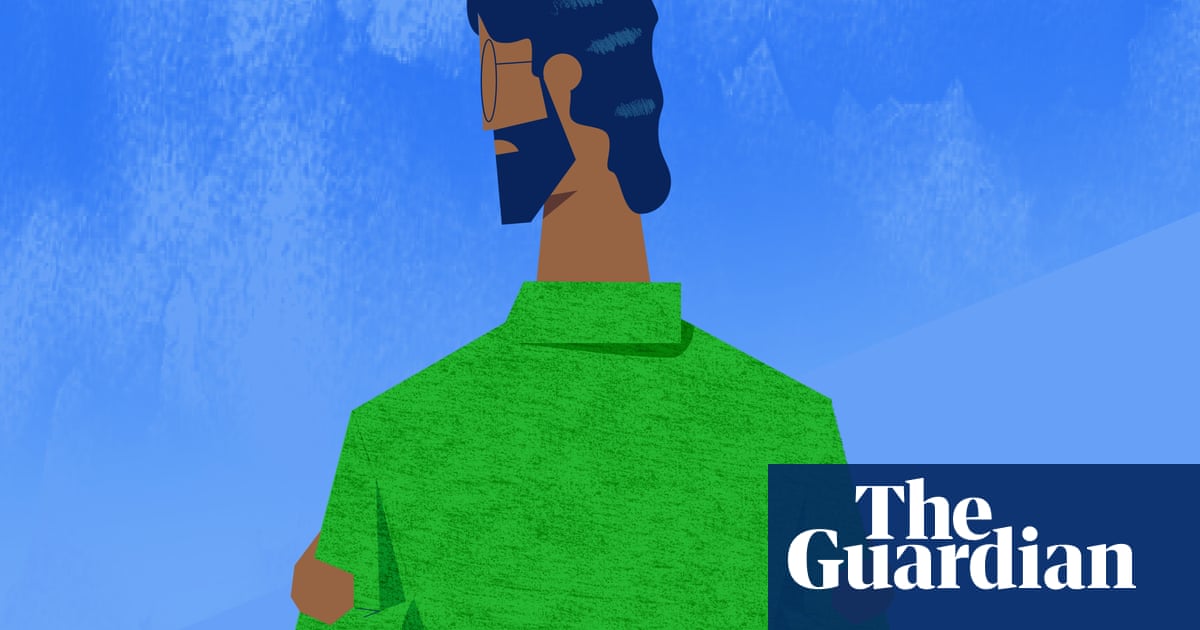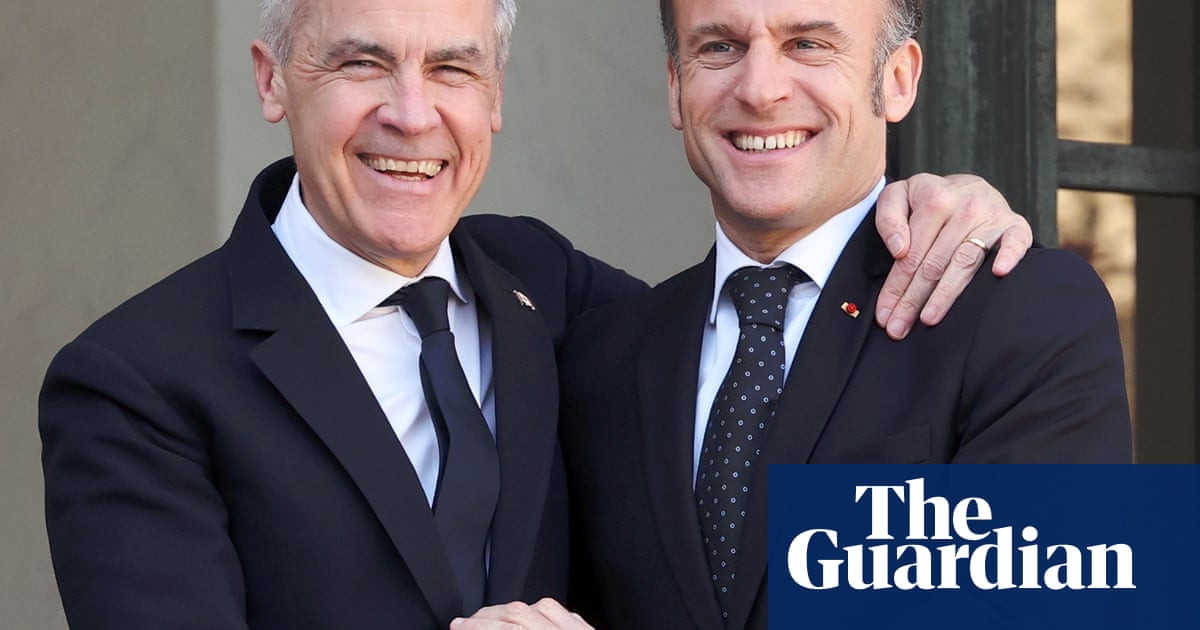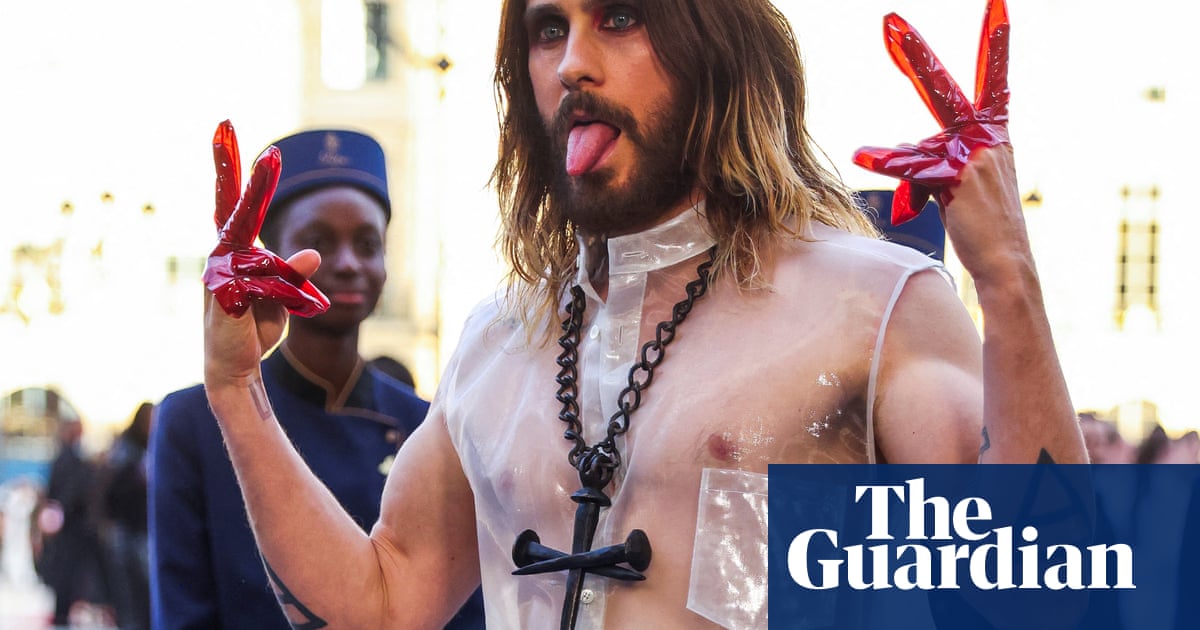We all know exactly how this gig ends. Or we think we do. There can only be one finale to Cyndi Lauper’s farewell tour set, soundtracking the streamer explosions garlanding a sea of upheld phones – Girls Just Want to Have Fun, a female-forward anthem from 1983 that hasn’t left hits radio playlists since.
Originally written by Robert Hazard, the song was refashioned by Lauper into a paean to women’s pleasure and freedom. It staked a claim to living life in brightly hued contrast to the lives her mother, her aunts, their female neighbours in Queens, New York – and many of their Sicilian foremothers – had put up with. The dancers in the video intentionally featured a range of ethnicities, the conga line dragged in a diverse array of party people and passersby. Everyone wanted fun, the track screamed. Everyone deserved choice and autonomy over how they spent their time.
Tonight, Girls Just Want to Have Fun does yet more uplifting, managing to fulfil its cheery remit while throwing in even more substance. Giant red and white polka dots dominate the visuals, from the video screens to the band’s outfits, in tribute to Yayoi Kusama. A fellow colourful outlier from the art world, she is one of a handful of visual artists woven into the tour’s fabric.
Lauper explains how for years Kusama was misunderstood. (She had mounted a protest installation outside the Venice Biennale in 1966, and was finally chosen to represent Japan there many years later.) As the track unfurls, fellow outrageous dresser Boy George turns up to duet with Lauper. The night ends far less like an I Heart the 80s revue, however, than a rally. “Girls just want to have their fundamental rights!” yells Lauper. “Everyone wants to have their fundamental rights!” The crowd chant it back at her. Lurid-coloured wigs on sale tonight support her women’s reproductive health care fund of the same name.
A night with the Grammy, Emmy and Tony award-winning singer, then, is about far more than just a nostalgic romp through the hits. There are anecdotes about her theatre productions (a stage musical of Working Girl is due in the UK hopefully in 2027, she says). There’s a particularly funny fourth wall-breaking costume change broadcast from backstage, where wigs and wardrobe assail Lauper as she tries to talk about accidentally killing a goldfish. Someone offers her sushi.
The tunes everyone knows from her debut album, 1983’s She’s So Unusual, and its follow-up, True Colors (1986), are here, of course – sung in a lower register than in the 80s, but powerful nonetheless. The set kicks off with another hit: She Bop, Lauper’s playful ode to masturbation. That video also featured staunchly Catholic mum and aunties, who only found out the true nature of the “danger zone” that she was “messing with” afterwards.
Soon, When You Were Mine arrives – a Prince cover that she made her own. Lauper kept the pronouns as they were written, effectively singing about the breakdown of a queer throuple in long-ago 1983 (“I never was the kind to make a fuss,” the song goes, “when he was there, sleeping in between the two of us”).
Near the end, True Colors – a song of consolation that became an LGBTQ+ anthem – finds Lauper dancing with a giant airborne rainbow-coloured scarf on a B-stage, an adapted “air fountain” work by the installation artist Daniel Wurtzel. “They can write diversity out of the books but they can’t write it out of what we are,” she concludes tonight. Again, Lauper has turned words to activism. True Colors United, co-founded in 2008 by the singer, tackles homelessness among queer youth.
Refreshingly, at such notionally slick and sanitised arena scale, there is human error tonight too. Lauper forgets to do a song. She is clearly mortified. She gets so involved telling us things – how one chapter in your life does not define you, how she sought therapy because she fell in love with a man called David after having ended a long relationship with her former manager, also named David – that she misses her Wanda Jackson cover, Funnel of Love.
But Lauper chatting – throwing off her wig, clambering into yet another get-up – is just as compelling as her holding a note. The preamble to one of her lesser-known outings, Sally’s Pigeons, explains how the song is about a young friend who died after a backstreet abortion. She underlines that in parts of the US now, women no longer have the autonomy over their own bodies that men have. “I never thought at this age I’d be fighting, again, for these freedoms,” she notes.
Her energy for the fight, and much else, remains reassuringly high, even if she is bowing out of performing gigs. Towards the end, during Money Changes Everything, she writhes around on the ground, fanned with a towel by one of her longtime backing singers. She delivers many of her songs with a swagger tonight, often singing just behind the beat, working to her own rhythm. After all, as one of her hits, Time After Time, puts it, “the drum beats out of time” – not Lauper.

 3 months ago
55
3 months ago
55

